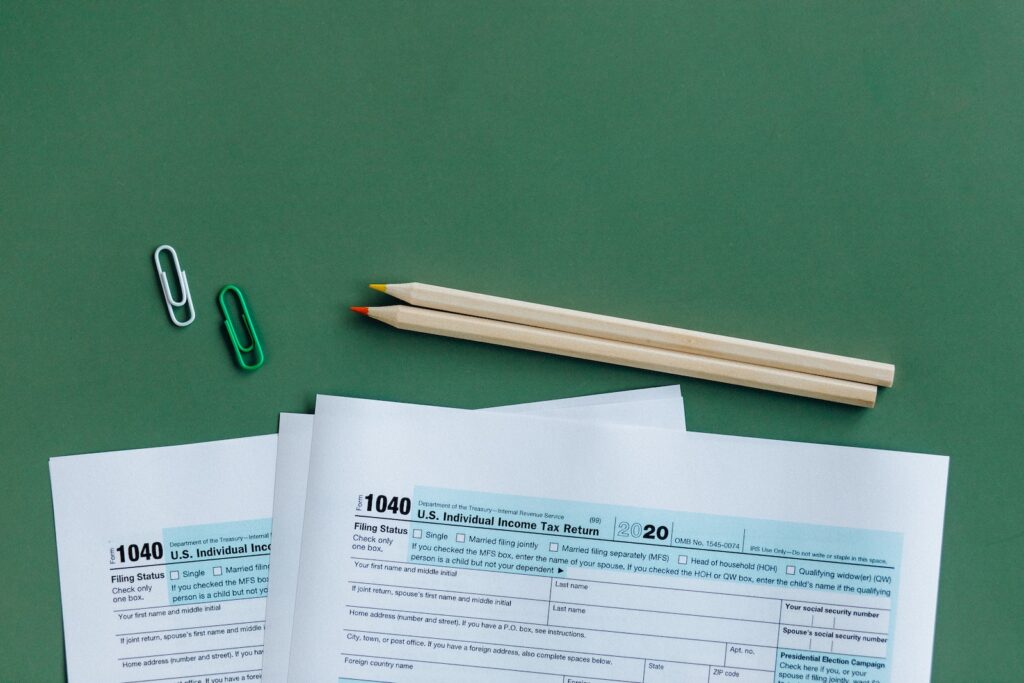Best Practices for Due Diligence in Real Estate Finance Contracts
Are you considering investing in real estate or taking out a loan? Before you jump into a transaction, it’s crucial to conduct proper due diligence to avoid costly mistakes and make informed decisions. Due diligence involves researching the property, market, and finance contract to ensure that you have all the relevant information and can analyze it to make an informed decision.
However, conducting proper due diligence can be complex and time-consuming. That’s why we’ve put together this guide on the best practices for due diligence in real estate finance contracts. In this article, we’ll walk you through the most important steps to take, what to look for, and how to implement these best practices effectively.
By following these best practices, you can minimize your risk, save time and money, and make informed decisions based on facts and analysis. Whether you’re a real estate investor, borrower, or lender, this guide will help you conduct proper due diligence and make informed decisions that will benefit you in the long run.
Why is Due Diligence Important?
Due diligence is a critical component of any real estate transaction, whether you’re buying or selling property, investing in real estate, or taking out a loan. The goal of due diligence is to gather all of the relevant information about the property, market, and finance contract to make informed decisions based on facts and analysis.
Without proper due diligence, you may miss important details that can have long-term consequences. For example, you may invest in a property that has hidden defects or liens, sign a finance contract with unfavorable terms, or borrow money for a project that you’re unable to pay back, resulting in foreclosure or bankruptcy. These scenarios are not only financially devastating, but they can also damage your reputation in the industry.
By conducting proper due diligence, you can minimize your risk and make informed decisions based on facts and analysis, rather than assumptions or guesswork.
Best Practices for Due Diligence in Real Estate Finance Contracts
Here are the best practices for conducting due diligence in real estate finance contracts:
1. Research the Property and the Market
Before investing in a property or signing a finance contract, it’s important to thoroughly research the property and the surrounding market. This includes:
- Examining the physical condition of the property: This includes assessing the property’s age, condition, and any structural or cosmetic issues that may affect its value.
- Identifying any liens or encumbrances on the property: This includes reviewing public records to determine if there are any outstanding liens, easements, or other legal issues that may affect the property’s title or value.
- Evaluating the property’s income potential: This includes analyzing the property’s rental history, vacancy rates, and projected income to determine its investment potential.
- Analyzing the local real estate market: This includes researching trends in property values, rental rates, and demand in the local market.
- Researching the neighborhood and surrounding areas: This includes evaluating the safety, schools, amenities, and other factors that may affect the property’s value or appeal to potential renters or buyers.
2. Review the Finance Contract with a Fine-Tooth Comb
Before signing any finance contract, it’s important to review it thoroughly to ensure that you understand all of the terms and conditions. This includes:
- Reviewing the interest rate, repayment schedule, and any prepayment penalties: This includes understanding how the interest rate is calculated, when payments are due, and whether there are any penalties for paying off the loan early.
- Identifying any hidden fees or charges: This includes reviewing the contract for any fees or charges that may be hidden or not clearly disclosed.
- Understanding the loan-to-value ratio and the terms of any collateral: This includes understanding the relationship between the loan amount and the value of the property, as well as any collateral requirements that may be included in the contract.
- Examining the lender’s policies on defaults and foreclosure: This includes understanding the lender’s policies on defaults and foreclosure, as well as any fees or charges that may be associated with these events.
3. Seek Professional Advice
Real estate finance contracts can be complex, and it’s often helpful to seek the advice of professionals such as attorneys, accountants, and real estate agents. They can help you navigate the process and identify potential issues that you may have missed on your own.
For example, an attorney can review the finance contract to ensure that it’s legally sound and that your rights are protected. An accountant can help you evaluate the financial aspects of the transaction, including the tax implications and potential return on investment. A real estate agent can provide valuable insights into the local market and help you identify properties that meet your investment criteria.
4. Consider Next-Level Best Practices
If you want to take your due diligence to the next level, consider implementing these additional best practices:
- Get multiple opinions from different professionals to ensure that you’re getting a well-rounded perspective.
- Review the lender’s track record and reputation to ensure that they have a history of ethical and reliable lending.
- Perform a thorough analysis of the property’s cash flow and projected income to ensure that it’s a sound investment.
- Conduct a background check on the property owner to ensure that they have a history of responsible ownership.

Best Practices in Action
To illustrate the importance of due diligence in real estate finance contracts, consider the following examples:
- Investor A is considering purchasing a commercial property. They conduct due diligence and discover that the property has several environmental issues that would require costly remediation. Based on this information, they decide not to purchase the property and avoid potential liability and financial losses.
- Borrower B is seeking financing for a residential property. They review the finance contract and discover that the interest rate is significantly higher than they anticipated. They negotiate with the lender and are able to secure a lower interest rate, saving thousands of dollars over the life of the loan.
- Lender C is evaluating a loan application from a borrower. They conduct due diligence and discover that the borrower has a history of defaulting on loans. Based on this information, they decide not to approve the loan and avoid potential losses.
These examples demonstrate the importance of due diligence in real estate finance contracts and how it can save you time, money, and headaches in the long run.
Final Thoughts
Conducting proper due diligence is essential when it comes to real estate finance contracts. By following the best practices outlined in this article, you can minimize your risk and make informed decisions based on facts and analysis. Remember to research the property and market, review the finance contract, seek professional advice, and consider next-level best practices to take your due diligence to the next level.
Remember, without proper due diligence, you may miss important details that can have long-term consequences. By conducting proper due diligence, you can minimize your risk and make informed decisions based on facts and analysis.
Now that you know the importance of due diligence in real estate finance contracts, it’s time to take action and make informed decisions that will benefit you in the long run.
